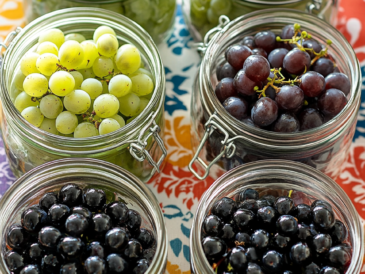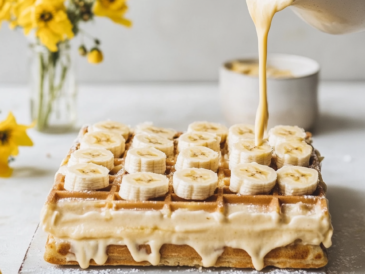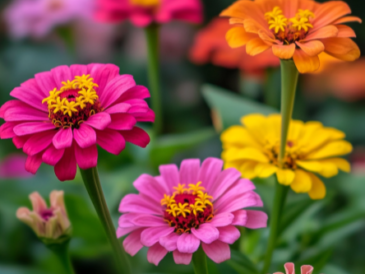Hydrangeas are beloved for their large, showy blooms that can add a touch of elegance to any garden. To achieve bigger and better blooms, proper fertilization is key. Here’s a comprehensive guide on how to fertilize hydrangeas for optimal results.
1. Choose the Right Fertilizer
Balanced Fertilizer : A balanced fertilizer, such as a 10-10-10 or 20-20-20, provides equal parts nitrogen, phosphorus, and potassium, which are essential for overall plant health and bloom production.Specialized Hydrangea Fertilizers: These are formulated specifically for hydrangeas, often containing additional nutrients tailored to their needs.
2. Understand the Bloom
ColorBlue Blooms: For blue hydrangeas, the soil needs to be more acidic. Using a fertilizer that is high in phosphorus and low in nitrogen can help maintain the blue color.Pink Blooms: For pink hydrangeas, the soil should be more alkaline. Lime can be added to raise the pH, and a balanced fertilizer can be used.
3. Fertilizing Schedule
Spring: Start fertilizing in early spring when new growth begins.
This gives the plant a boost as it comes out of dormancy.
Mid-Summer: Apply another round of fertilizer in mid-summer to support continued growth and bloom production.
Avoid Late Season Fertilizing: Do not fertilize in late summer or fall, as this can encourage new growth that might not harden off before winter.
4. Application Methods
Granular Fertilizer: Sprinkle granular fertilizer around the base of the plant, ensuring it does not come into direct contact with the stems or leaves. Water thoroughly after application.
Liquid Fertilizer: Mix liquid fertilizer according to the package instructions and apply directly to the soil around the plant. Liquid fertilizers can provide a quick nutrient boost.
Slow-Release Fertilizer: Slow-release fertilizers gradually provide nutrients over an extended period. Apply these in early spring to ensure continuous feeding throughout the growing season.
CONTINUE READING IN THE NEXT PAGE >>>




